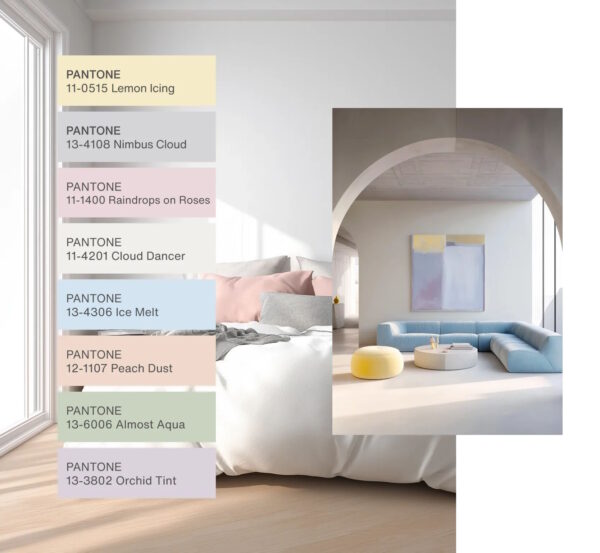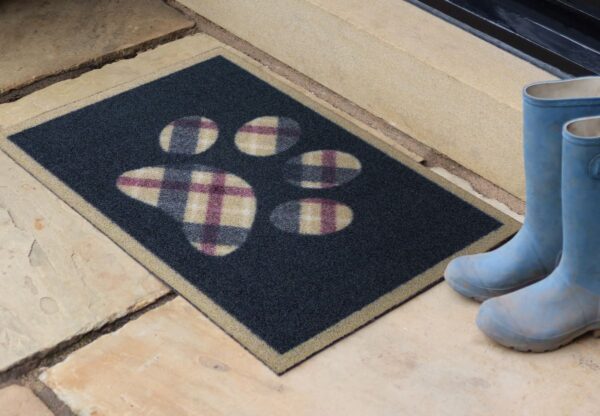Retail analyst, Springboard has reported on end of year sales, with markeitng and insights director, Diane Wehrle, saying that: “Inevitably footfall last week, which began on Boxing Day and ended on New Year’s Day, was lower than in the preceding week which was the run up to Christmas and which ended on Christmas Day.
The comparison with 2019 also continued to be unfavourable, with a noticeable drop from two years ago, however, some of this is due to the date offset as the equivalent week in 2019 began on 29th December and ended on 4th January so missing the days immediately post Christmas when footfall is at its lowest.
Last week was far more closely aligned to the same week in 2020 when there was only a one day offset (the week began on 27th December in 2020 rather than 26th December this year). However, the introduction of more severe restrictions immediately following Christmas last year meant that the uplift in footfall this year from 2020 increased significantly.
Footfall across all UK retail destinations was lower than the previous week on every day bar Saturday (New Year’s Day), which was a trading day while Saturday in the week before was Christmas Day when all stores were closed. As the week progressed, footfall remained lower than the week before, although it did strengthen, with the most favourable result on Friday (New Year’s Eve).
Despite the well documented cautiousness of shoppers in the run up to and over Christmas this year, it appears that on New Year’s Eve there was a shift in behaviour with footfall in high streets increasing from the week before (Christmas Eve). Not only was this the only day last week when high street footfall was higher than the week before, but it was also in sharp contrast with New Year’s Eve 2019 when high street footfall was lower than on Christmas Eve. The winners on New Year’s Eve were Central London and historic town centres, where footfall rose significantly from the week before, whilst declining in smaller local high streets.”

















